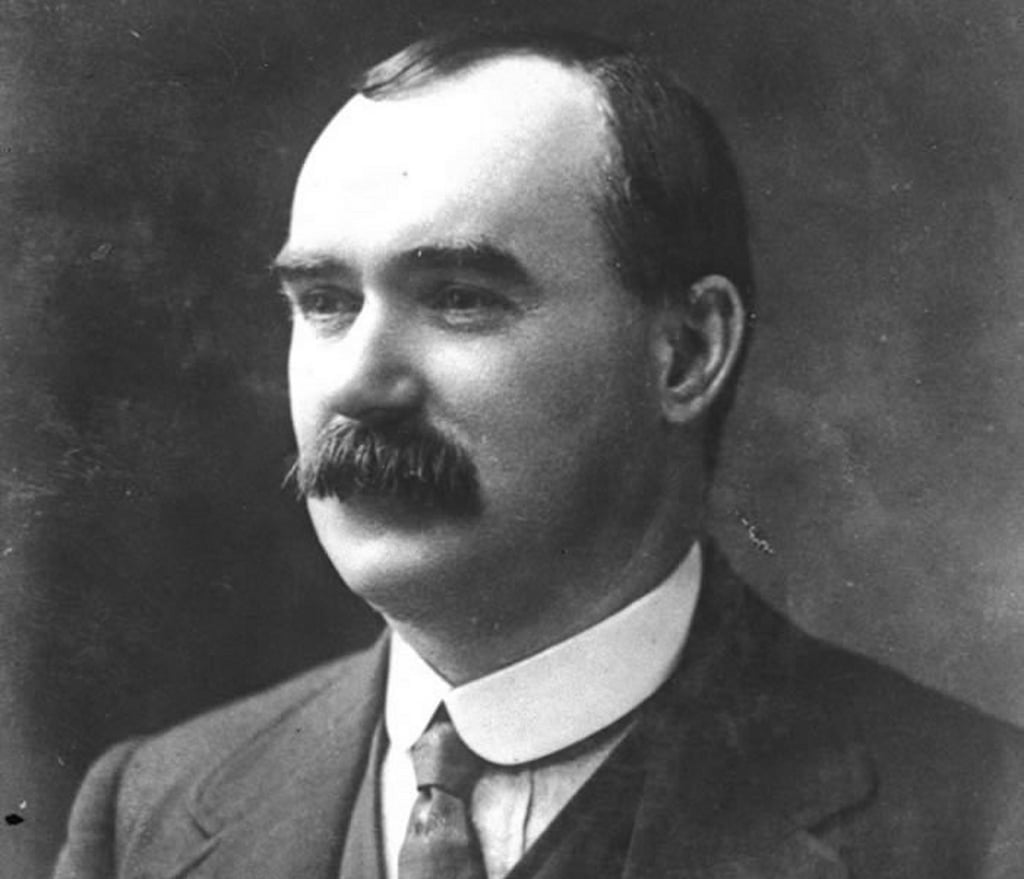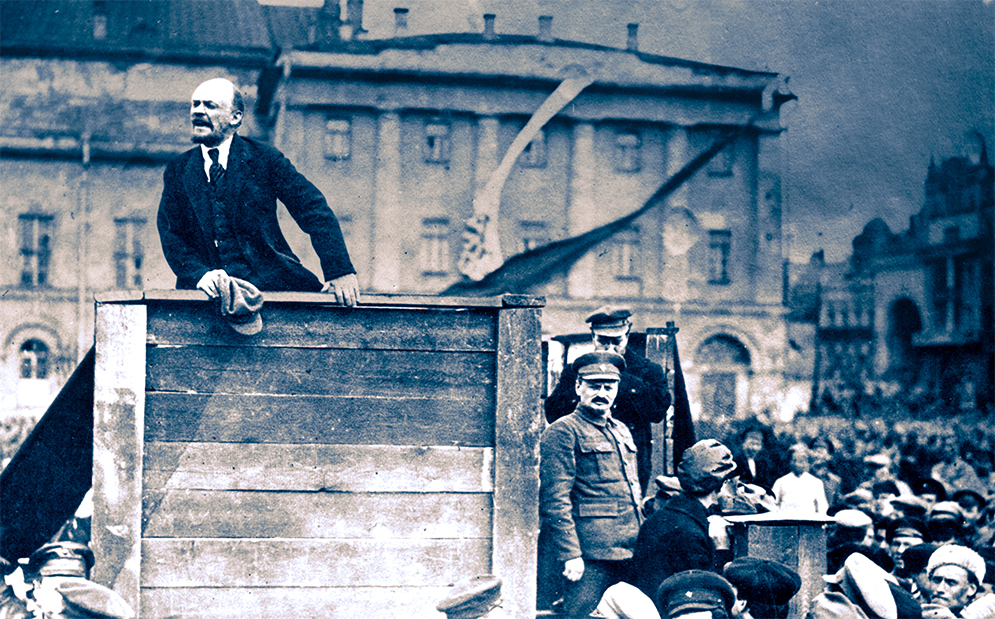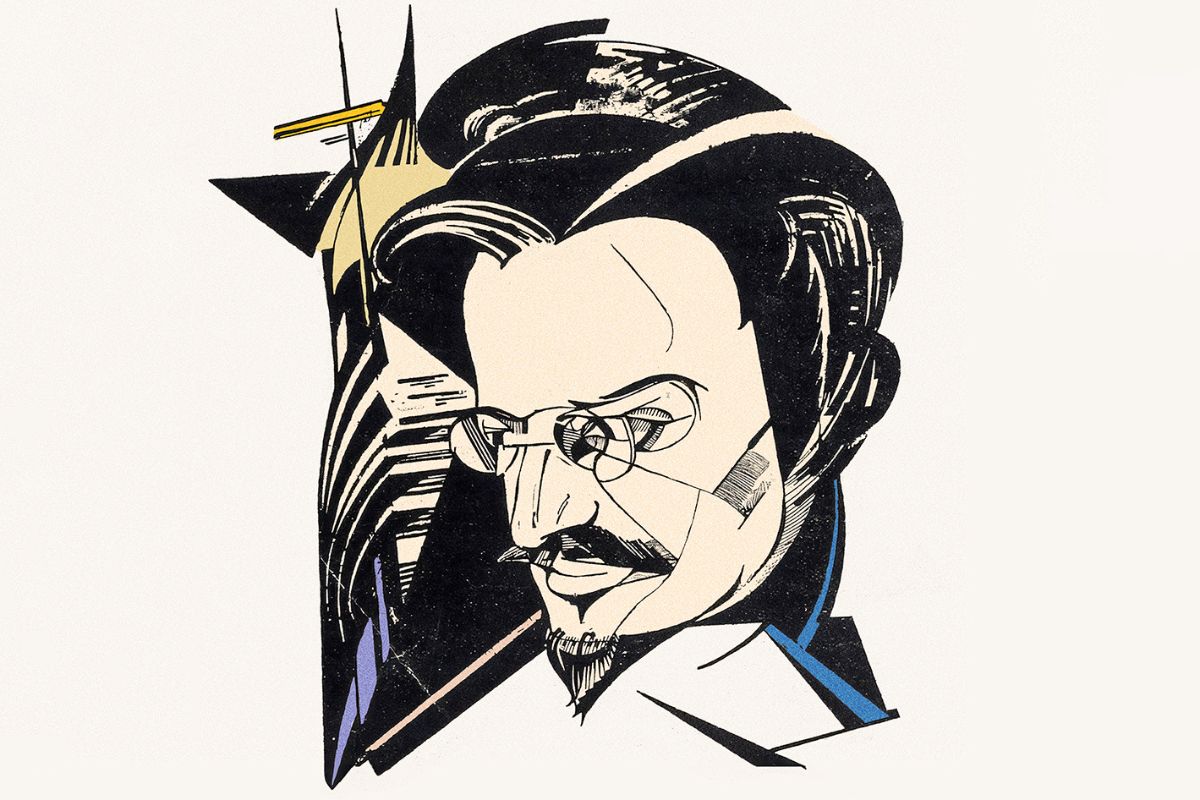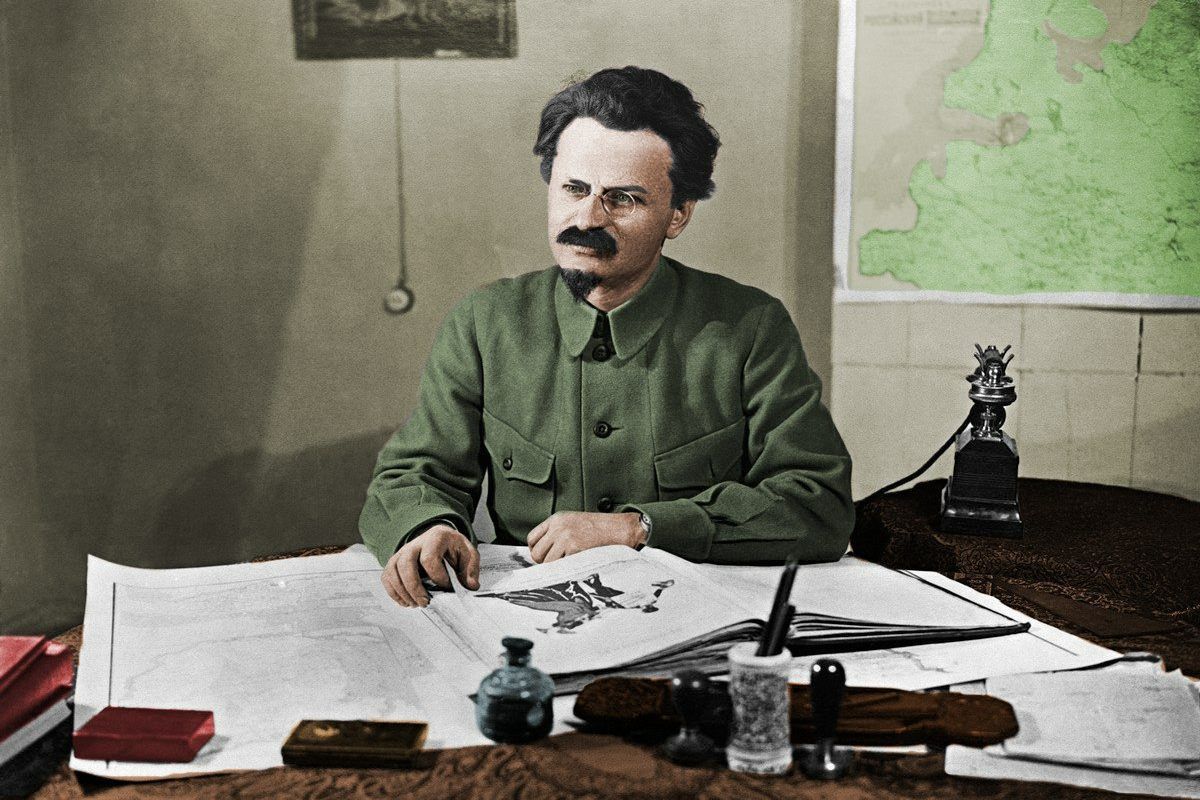Connolly’s stature as a great Marxist and class fighter remains undiminished by time, and the legacy of what he stood for should serve as an inspiration to all workers and youth fighting the system today.
To mark the 100th anniversary of Connolly’s death, we republish here extracts from a speech made by Phil Mitchinson in 2005 to an international meeting of revolutionary activists. Phil’s untimely death in November 2006 robbed the movement of an exceptional talent and a committed socialist. Phil’s remarks mainly covered the history of struggle in Ireland and the then current situation. However, inevitably he also touched on Connolly, his ideas and legacy, and it is those parts which are reprinted here.
To read the full text of Phil’s speech, visit In Defence of Marxism
—————————-
“An Irish Republic, the only purely political change in Ireland worth crossing the street for, will never be realised except by a revolutionary party that proceeds upon the premise that the capitalist and the landlord classes in town and country in Ireland are criminal accomplices with the British government, in the enslavement and subjection of the nation. Such a revolutionary party must be socialist, and from socialism alone can the salvation of Ireland come.”
These words, written by James Connolly almost one hundred years ago, contain the basis of the perspectives and tasks of the struggle in Ireland.
The idea that the national liberation of Ireland, its freedom from British imperialism – and consequently today Ireland’s reunification, can only be achieved by the revolutionary struggle of the working class for socialism – is repeated a thousand times in the writings of James Connolly – the greatest Marxist born in the islands of Ireland and Britain – who, just seven years after these lines were written gave his life in the cause of that struggle. Wounded in the Easter Rising of 1916 and unable to stand, he was strapped to a chair by the army of British imperialism and shot dead.
I could easily fill the next hour or more reading extracts from Connolly’s writings and it would be worthwhile. All comrades should read Connolly. Here we find the most modern ideas, ideas that are more relevant today than ever. It is our duty to rescue those ideas from the clutches of the nationalists who have twisted and distorted the memory of Connolly and buried him beneath Dublin statues and street names.
National liberation and the Permanent Revolution
Ireland was England’s first colony and experienced the vicious cruelty of the Anglo-Saxon ruling class long before the peoples of Africa and Asia. From the twelfth century onwards the Irish nation was devastated by a series of wars of conquest – the economy was wrecked, the people reduced to starvation, and their language and culture destroyed.
Centuries of brutal oppression under English rule bred a fierce spirit of revolt and repeated uprisings. The whole history of these struggles is dominated by the courage of the people’s struggles on the one hand, and by the betrayal of those struggles at every turn by the bourgeois nationalist leaders on the other.
It is no accident, therefore, that without ever referring to Trotsky’s phrase the Permanent Revolution, nevertheless, we find exactly the same conclusion running through all the writings of James Connolly. Namely, that the bourgeoisie in the modern epoch is incapable of solving the tasks of the national democratic revolution and that the leadership of that revolution has passed to “the men (and women) of no property”, to the “incorruptible inheritors of the fight for freedom”, the working class, who will not stop at its boundaries but must carry on to the tasks of the socialist revolution.
In 1899, for example, Connolly wrote:
“The nationalism of men who desire to retain the present social system is not the fruit of a natural growth but is an ugly abortion, the abortive product of an attempt to create a rebellious movement in favour of political freedom among men contented to remain industrial slaves. It is an attempt to create a revolutionary movement towards freedom and to entrust the conduct of the movement to a class desirous of enforcing the social subjection of the men they are professing to lead…It professes to believe that the class grinding us down to industrial slavery can at the same moment be leading us forward to national liberty.”
When Herbert Asquith’s Liberal government was forced to accept the idea of Home Rule for Ireland, on the eve of the First World War, Lord Carson mobilised a mass Protestant force to oppose it. British army officers refused to carry out the Liberal government’s orders, and the Tories and Unionists joined together to force the government to abandon the plan. They feared that Home Rule would mean the end of their power and privileges.
During the First World War the Irish bourgeois Nationalist leaders supported their British masters and sent their Irish Volunteers to die at the front on behalf of British imperialism. As an aside, Connolly wrote a scathing piece of propaganda attacking Nationalist leader John Redmond:
“Full steam ahead,
John Redmond said
That everything was well chum
Home Rule will come
When you are dead,
and buried out in Belgium!”
The Easter Rising
The abandonment of Home Rule and then the First World War prepared the way for the Easter Rising of 1916. Now that would require an entire discussion in itself. In brief Connolly joined forces with nationalist elements to stage an uprising against British imperialism – that rising was betrayed by the bourgeois and petit-bourgeois nationalists and then put down with great savagery by the British army.
The mass revulsion that followed led inexorably to the war of independence from 1919-21.
At every stage of the Irish liberation struggle, the national question has been inextricably linked to social problems. The Irish bourgeois nationalists have consistently betrayed the movement to further their narrow, class interests.
At bottom the national question is a class question. The emancipation of the Irish people can only be won through the emancipation of the working class, which has no class interest in national or religious oppression.
As Connolly insisted, the national and social liberation of Ireland are bound together – only the working class can achieve both, the capitalist class are capable of neither.
“Revolution is never practical – until the hour of revolution strikes. Then it alone is practical, and all the efforts of the conservatives and compromisers become the most visionary and futile of human imaginings. For that hour let us work, think and hope. For that hour let us pawn our present ease in hopes of a glorious redemption: For that hour let us prepare the hosts of labour with intelligence sufficient to laugh at the nostrums dubbed practical by our slave-lords – practical for the perpetuation of our slavery: For the supreme crisis of human history let us watch like sentinels with weapons ever at the ready.”







